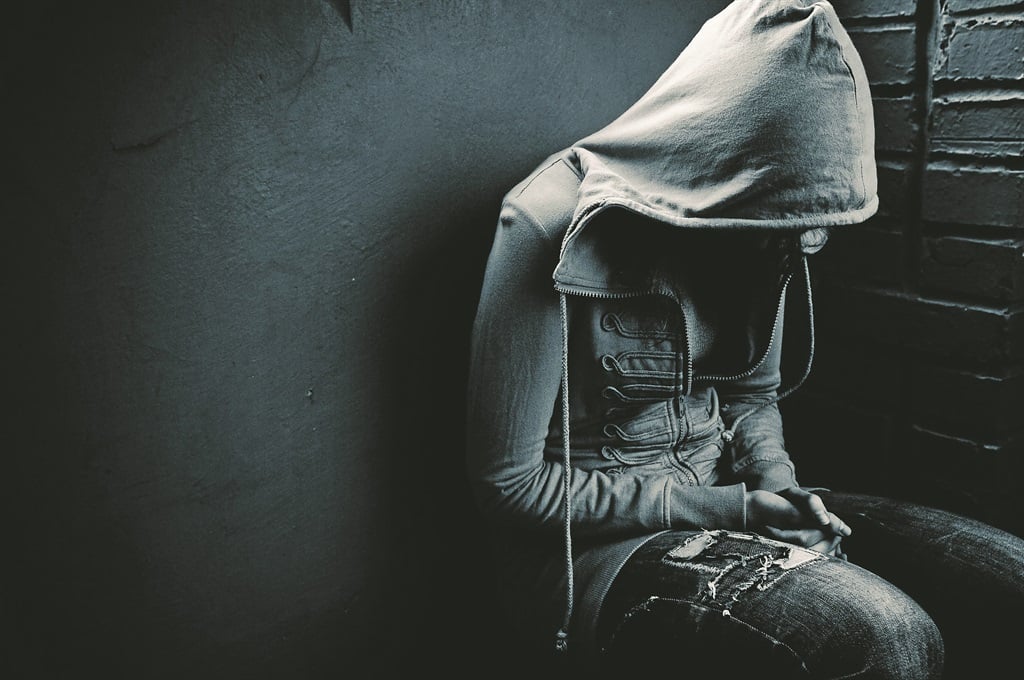
Adolescence is an impressionable and vulnerable phase, filled with overwhelming emotions that are heightened by brain development.
It is estimated one in five children could develop a mental disorder by the age of 14.
And as the country’s awareness and concern around mental health disorders in adults grows – particularly following the deaths by suicide of prominent local cardiologist Professor Bongani Mayosi and Rhodes University student Khensani Maseko earlier this year – experts are cautioning not to forget children in the mental health equation, as often their cases go unheard and untreated.
Last week was National Suicide Prevention Week.
Ubuntu Family Health Care Centre psychologist Lwanele Khasu said it is crucial for parents to spot the signs and not unwittingly cause their children to become depressed.
She said depression in children has been found to develop in a number of ways, including familiality – or “a child growing up in an environment or family where the parents or caregivers are depressed and they emulate the behaviour and mood”.
It could also be genetic, she said.
“Neurobiology studies indicate the brain structure of depressed children develops differently from that of non-depressed children,” she said.
A 2014 study of the mental health of 2 393 teens aged between 15 and 19 in five cities around the world found that teenage girls from Johannesburg reported the highest levels of depression and post-traumatic stress symptoms at 44.6% and 67%, respectively.
And, according to the Anxiety and Depression Association of America in findings published in the latest Journal of School Psychology, as many as 2% to 3% of children aged between six and 12 might have a major depressive disorder.
Khasu said: “We live in a highly demanding, highly pressured society. Children are under immense pressure to succeed at school and on the sports field.
“But they are also exposed to high levels of violence, either directly or indirectly.
“They hear their parents talking about robberies in their neighbourhoods; they hear of people they know who have been hijacked; and they listen to news about murders and political issues. They absorb this information and it can begin to weigh them down,” she said.
“Many children experience fighting between parents; others are acutely aware of financial stress in the home. The result is that many children, much like many adults, live with post traumatic stress.”
Megan Doty, depression and bipolar support group leader affiliated with the SA Depression and Anxiety Group (Sadag), said parents often miss the mark in getting their children help because of a lack in communication and dismissing their kids’ feelings as “little things”.
“I’ve seen kids come in aged from 13 to 19, depressed and struggling with a range of things. Mostly it’s their home life – either their parents are going through divorce or an upheaval such as moving in with one parent after staying for 10 years with another,” she said.
“Sometimes they develop depression from being bullied at school, or trauma. Most times the parents want to sit in at meetings with the children because they’re scared their children will say they are bad parents and it defeats the purpose of counselling a child.”
Khasu advised parents not to expose their children to things they cannot make sense of.
“Depending on the age of children [it can start from nine years], parents need to sit down with them to explain that they are having financial difficulties and will not be able to afford certain things. This is when the conversation should end. You don’t want to overburden children with details they have no mental capacity to understand,” she said.
In terms of fighting between a couple, Khasu said it needed to remain civil.
“Children need to see their parents have disagreements and experience how they resolve them; this shows them that everyone, including adults who may seem as if they have everything together, experience problems but things can get solved and life moves on,” she said.
“Parents need to be truthful and honest and not lie to children about anything.
“They should rather say, ‘there is a lot that is happening and things are not okay but we cannot explain it right now. Just know that mommy and daddy will try their best to sort things out.’”
TALK TO US
What would you do if your child was depressed?
SMS us on 35697 using the keyword DEPRESSED and tell us what you think. Please include your name and province. SMSes cost R1.50. By participating, you consent to receiving occasional marketing material




 Publications
Publications
 Partners
Partners








